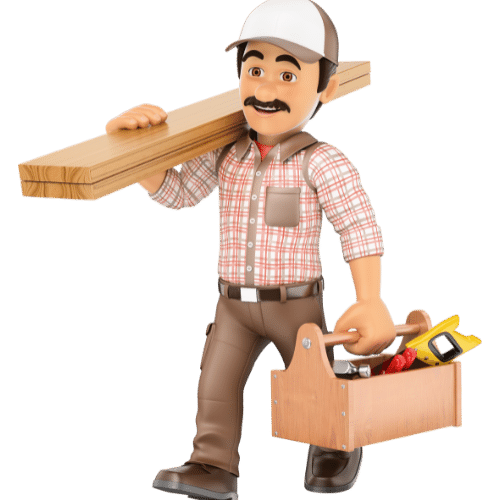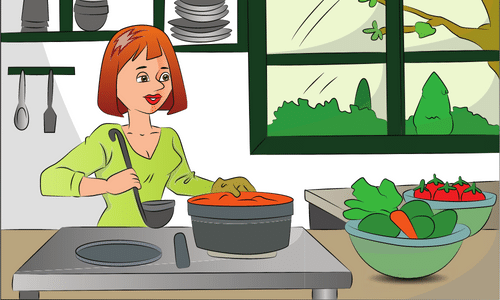Class 3 EVS Chapter 12 Summary Notes PDF Download
FAQs on Work We Do Class 3 EVS Chapter 12 CBSE Notes - 2025-26
1. What work is done in the school?
In a school, students are taught by the teachers. It is an educational institution where knowledge is imparted to young minds in various subjects.
2. How to find out what work do people in your neighbourhood do?
Look around with a pen and paper. You see a person in your neighbourhood and start noting down his occupation. Make a list of the people as per the question and answer accurately.
3. How can you name the buildings where people work?
Find out what the building is for. Ask around or check the name of the building where people are entering to work. This is how you can easily find the name of a building where people work.
4. Where can I find these Class 3 EVS Chapter 12 notes for free in PDF format?
These notes can typically be found and downloaded for free on Vedantu's platform or website.
5. What age group are these Work We Do Class 3 Notes suitable for?
These notes are designed for young learners in Class 3 who want to explore the world of work and occupations.
6. Do these Work We Do Class 3 Notes cover various types of jobs and roles?
Yes, these notes often include descriptions of different occupations and their importance in society.
7. How can these Work We Do Class 3 Notes benefit my child's understanding of the world of work?
These notes aim to introduce children to the concepts of various jobs and their significance, promoting awareness and respect for different professions.



























